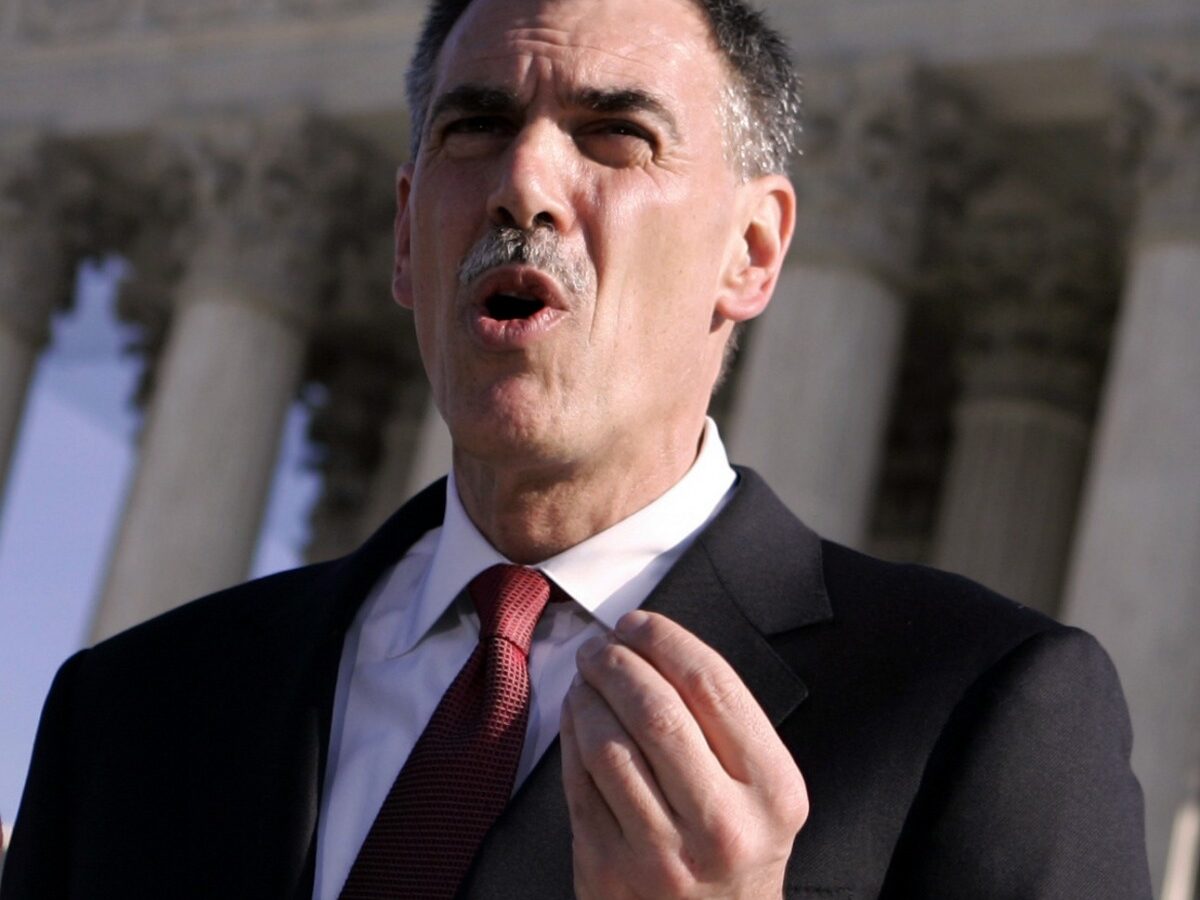
Mint Press reported earlier this week on the “pay for delay” case that went before the Supreme Court for argument on Monday. As indicated in that report, drug companies pay manufactures of generic drugs to keep them off the market, with the result being the consumers pay more for their prescriptions.
On the one hand, this can look like a monopoly but on the other hand, it seems like a smart business practice by the companies.
A large company makes a product and is doing well with it. They notice that a small company has popped up that seems to make the same product, only cheaper and maybe better. So the big company approaches the little company and buys them out, merging them into the big company.
This happens all the time in business, indeed many start up companies are explicitly seeking such a deal. In this case the little company’s product gets integrated into the larger product set, gets more publicity, more marketing. Even though this seems to limit competition, in the larger dynamic of the economy, it just opens up more progress.
Patents
In the case of pay for delay, the drug companies had a patent on their drug. The patent granted them exclusive rights to sell the product – a legal monopoly. This is intended to allow companies to recover the cost of developing a product. The key role of patents is shown in that they are mentioned in the U.S. Constitution at article 1, section 8:
“The Congress shall have power…To promote the progress of science and useful arts, by securing for limited times to authors and inventors the exclusive right to their respective writings and discoveries.”
So what happens is that a company develops a cheaper generic drug to the one under patent, then sues the company owning the patent claiming that the patient is defective or their generic drug doesn’t actually infringe the patient. In 1984, Congress passed the Hatch-Waxman act that was intended to speed up patent infringement suits and also allowed the generic drug to have itself a period of exclusive sales before a second or third generic came on the market. The act has been credited with creating the modern generic drug market.
The act succeeded too well. Generic companies were winning 73% of their cases, according to an FDA study. This prompted the brand name producers to do the “pay for delay” agreements or “reverse settlements.” The brand name company, faced with losing, for example, $100 million in revenue, pays $25 million to keep the generic off the market.
So is this just a company making a smart decision – many companies faced with expensive and protracted legal cases settle even if they think they have done nothing wrong. Or, is this an old fashioned “agreement not to compete” just as if airline A agreed not to fly to one city in exchange for airline B not flying to another, so they both could jack up the prices.
Market failure
Public conversation in the U.S. commonly asserts that “the market” can do no wrong and can and must be left alone by government. But the market works only when there is competition. If there were dozens of companies making and selling directly competing drugs, the purchase of one company by another, or agreements to remove one of them from the market would not be much of an issue.
The patent is a legal monopoly. This anti-competitive measure exists because it actually encourages innovation and investment. If a drug company spent billions to develop a drug, and then had someone copy them a month after the put it on the market, development would grind to a halt.
The issue is how long they should have a monopoly. It is widely thought that drug companies are over compensated for their development work, certainly these companies are very profitable. There are no shortage of stories about life saving drugs being kept from 3-rd world counties, cheaper Canadian drugs we can’t get in the U.S. and the like.
The morality of commerce
There is an argument that health care should be considered a human right. Since we can do nothing to choose our DNA and have little influence over the homes we grow up in, many of the diseases we get or the injuries we sustain are not in any meaningful sense our own fault. Further, while one can always turn down health care, it is not at all the same thing as deciding not to buy a car or a new house. Without proper health care we risk death or long periods of disability.
From this perspective it might then be justified for the government to buy out patients on drugs. Yes, a company should get compensated for the actual expenses of their research work, but by shifting the payment of that to taxes generally (or to health insurance generally) it will prevent the costs from being born by the particular patients who are struggling to afford their critical medications.


